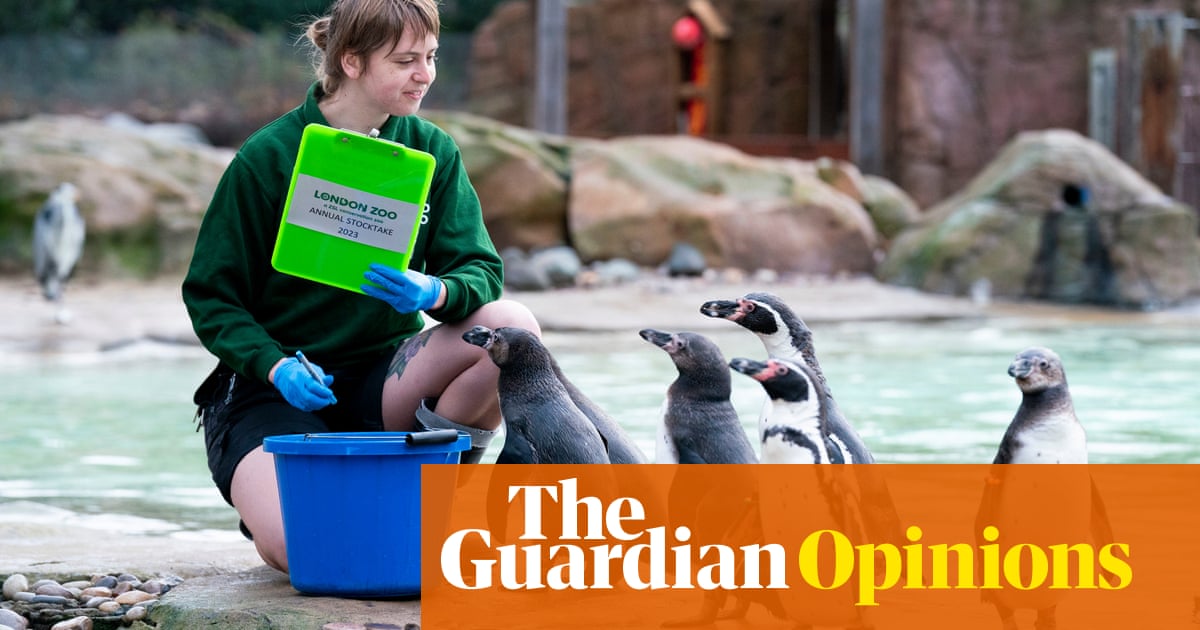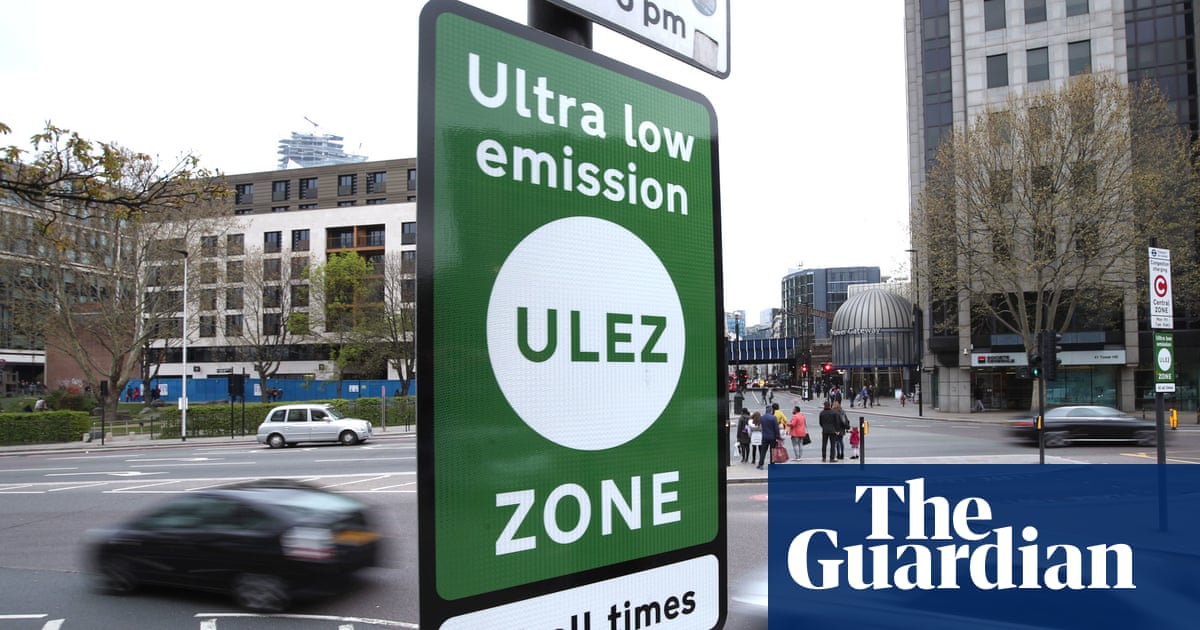
It started with the monkeys. The Zoological Society of London, which I head, received a grant from the National Lottery Heritage Fund to repurpose our Snowdon Aviary in London Zoo into an enclosure for colobus monkeys. This grant also enabled us to offer 100,000 heavily discounted tickets to community groups. We extended this so that anyone on benefits could buy a ticket for £3, which is a tenth of the cost of peak-season entry for an adult.
News of the £3 offer spread fast, and on the first day of February half-term it became clear that something extraordinary was happening. Literally thousands of families were descending on our zoos. Both London and Whipsnade had twice as many visitors as we had been expecting.
As I surveyed the queue, stretching around the edge of Regent’s Park as far as I could see, I had mixed feelings. One part of me was horrified that our visitors were having to wait so long to get in. But another saw a physical expression of something powerful and good that has changed our zoos overnight. The queues marked the moment when our conservation zoos opened to all, including those who could not have previously afforded to visit.
We worked quickly to bring the situation under more control. We moved to online booking only. We set up separate queues for our members. We brought in more staff, and put a cap on the numbers in both zoos, so we could ensure all our visitors had a positive experience.
And the experience has been an overwhelmingly positive one. In half-term week alone, we had 133,000 visitors to our zoos, more than 50,000 of them on £3 tickets. Dozens of those families told us how much it meant to them to be there. Our staff are visibly energised by what’s happened, if exhausted by the unexpected numbers.
I saw toddlers grinning with delight when a penguin swam over to investigate the bright colours of their winter coats. I heard gasps from whole families when our tiger cubs rolled over to show their soft bellies. I watched grownups jump in shock when Bhanu, our male Asiatic lion, thundered his roar (which can be heard up to three miles away). Speaking to these families, I discovered they were all new visitors to our conservation zoos. It was the first time that their children had been up close with wildlife.
Three weeks in, it would be hubristic to be drawing grand conclusions. But I do think our £3 tickets will change us, for the better. The scheme has made us more accessible, our zoos busier and our staff happier.
As a conservation charity, we are reliant on visitors and supporters to fund our scientific research and fieldwork. We have teams working to restore mangroves in the Philippines; protect pangolins in central Africa; reintroduce hazel dormice to the English countryside; and map the seabed off Greenland. Engaging people is also core to our charity. This scheme has increased visitor numbers, engagement and our income, allowing us to do even more conservation work in the field.
There are risks and downsides to all this. We have had complaints from visitors who aren’t on benefits, and it is true that such a blunt test can feel unfair to those just on the wrong side of the line. We will need to make sure that the £3 tickets aren’t cannibalising demand for our full-price ones – we cannot afford to reduce our income, as that would mean doing less conservation work. We will continue the £3 ticket scheme for now, and look for funding to help us to do so.
But for all the queues and challenges, this has been a brilliant development. This view was sealed for me by the headteacher of a primary school in Somers Town, one of the most deprived parts of the capital. She said that many of her school’s families had been able to go to the zoo because of it. The school was so keen that it had used its own money, raised from donations, to help parents buy the £3 tickets. I can’t think of a more powerful endorsement of the scheme than that.
As a conservation charity, inspiring change is a key part of our mission. Bringing children closer to nature is the first step to building the next generation of conservationists. We have already given tens of thousands more the chance to see our amazing animals up close. We are now determined to reach millions more.
Matthew Gould is director general of the Zoological Society of London












